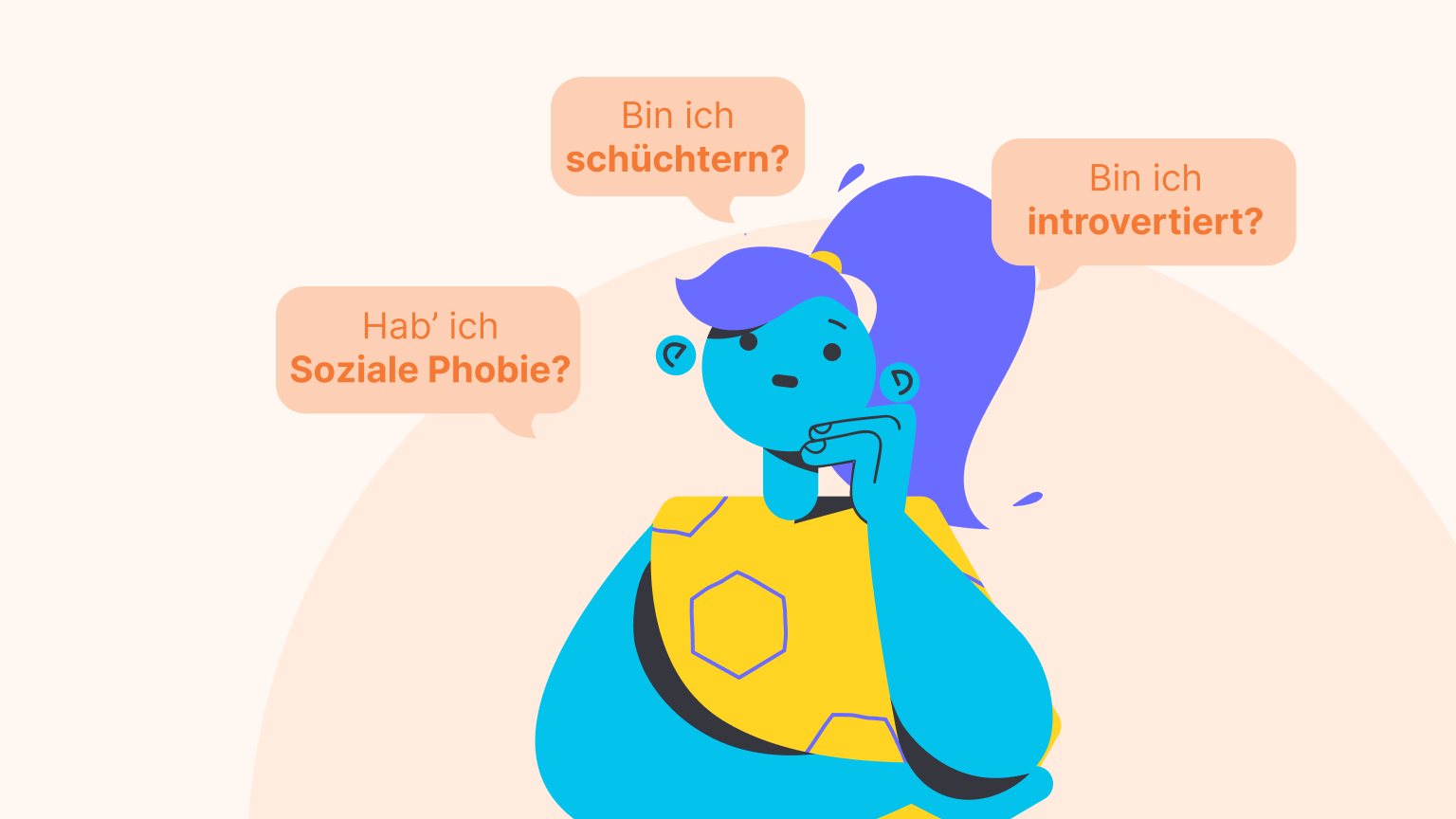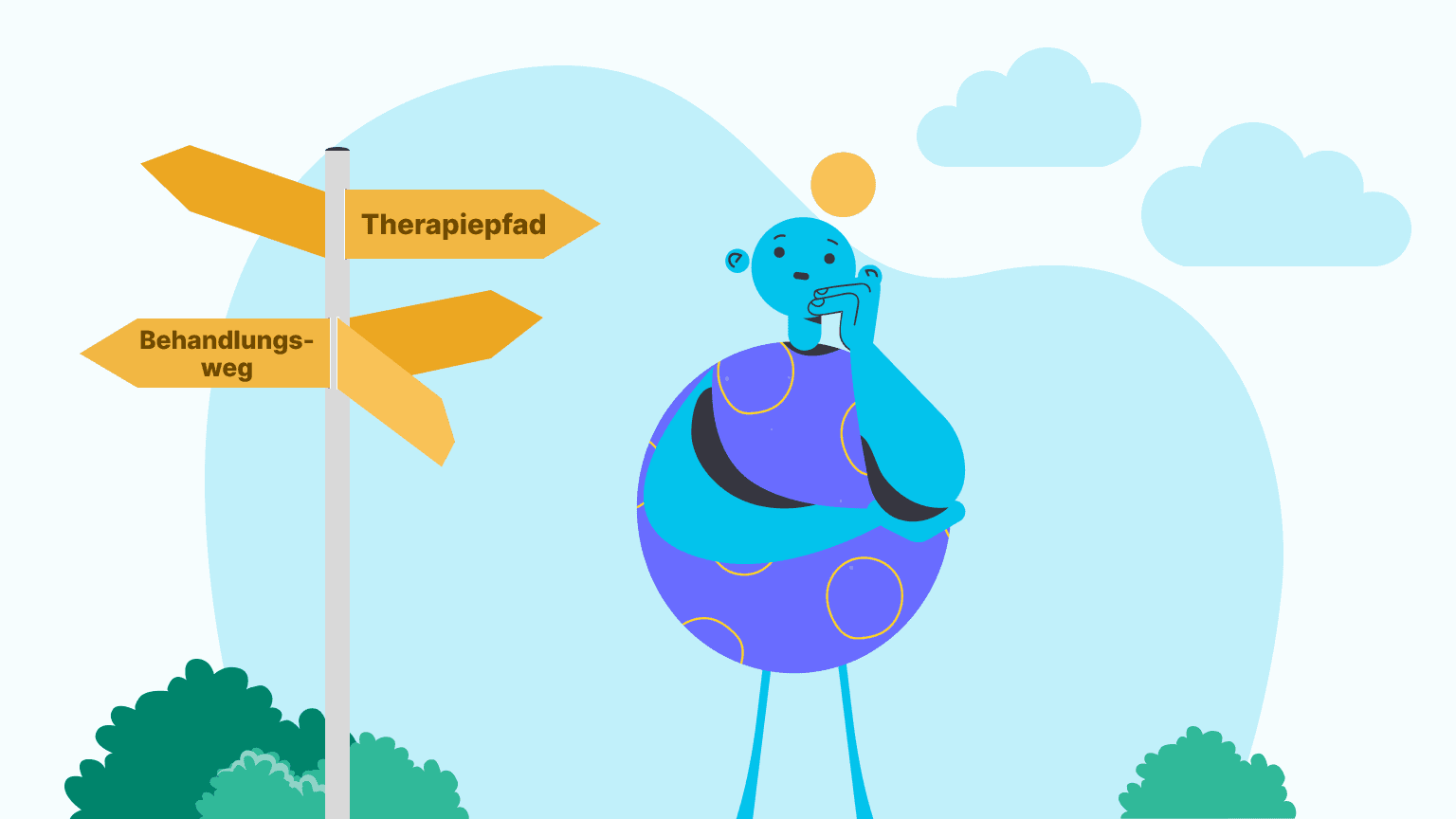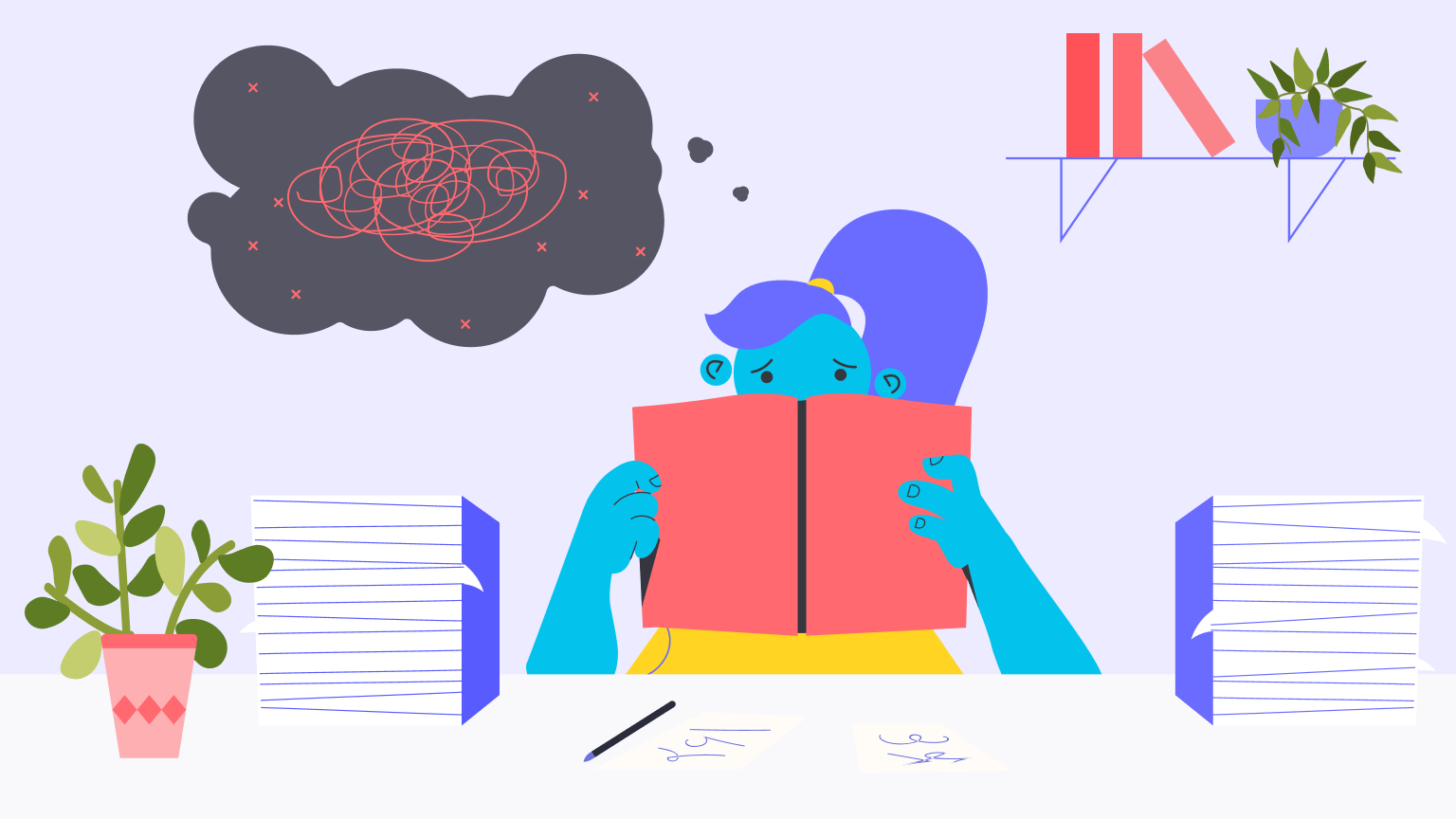Social Phobia vs. Introversion - Understanding the Differences

Have you ever wondered if your preference for quiet and solitude is more than just a preference? Introversion is a personality trait where people draw their energy from being alone and find social interactions draining. But rest assured: introverts are not automatically anxious in social situations. They simply prefer quieter, less stimulating environments. It's a natural part of your being and no cause for concern.
The Origins of Introversion and Extroversion
Did you know that introversion and extroversion belong to the Big Five personality traits? These characteristics are neutral and descriptive. Negative perceptions often only arise through evaluation processes, whether by ourselves or others. In our extroverted world, extroverted behavior is often seen as the norm, but that doesn't mean introverts are less valuable.
Am I Introverted?
If you're wondering whether you're introverted, consider the following characteristics: Can you listen well and empathize? Do you prefer quiet environments and time for yourself? Do you have a tendency toward reflection and creativity? These qualities are typical of introverts. Despite societal tendencies that favor extroversion, introverts bring valuable skills and perspectives that are indispensable in many areas.
Am I Shy?
Shyness, on the other hand, develops over the course of life through learned behavioral and thought patterns and is often associated with social anxieties. Shy people avoid actively participating in social interactions out of fear of making mistakes or being rejected. They tend to compare themselves with others and often feel inferior to them, which can lead to self-doubt. This social inhibition leads them to feel uncomfortable in the presence of strangers. Shyness can affect both introverted and extroverted people.
Distinguishing from Social Phobia
It's a widespread misconception that introversion, shyness, and social phobia are the same thing. Social phobia is an anxiety disorder that manifests in the fear of negative evaluation by others. This often leads to avoidance behavior to escape anxiety and shame. However, the boundary between introversion and social phobia is clear: while introversion is a personality trait, social phobia represents a real psychological challenge. Introverts can handle social situations without anxiety, while people with social phobia often avoid them at all costs. Such situations can lead to physical symptoms like blushing, trembling, or nausea and significantly impair daily life.
Sound familiar? Take the self-test here
Treatment of Social Phobia
The gold standard for treating social phobia is Cognitive Behavioral Therapy (CBT). According to scientific studies, more than two-thirds of those affected achieve significantly measurable treatment success through CBT. In CBT, patients learn to recognize and challenge their negative and often irrational thoughts associated with social situations. The goal of "cognitive restructuring" is to replace these thoughts with more realistic and positive ones. For example, the fear of being negatively judged by others is questioned and re-evaluated to reduce the fear of social interactions. Another important component of CBT is exposure therapy, where patients are gradually exposed to feared social situations in a safe framework. Through constant confrontation, they learn to manage their anxiety and assess situations more realistically.
There are also digital applications for social phobia based on CBT - Learn more




